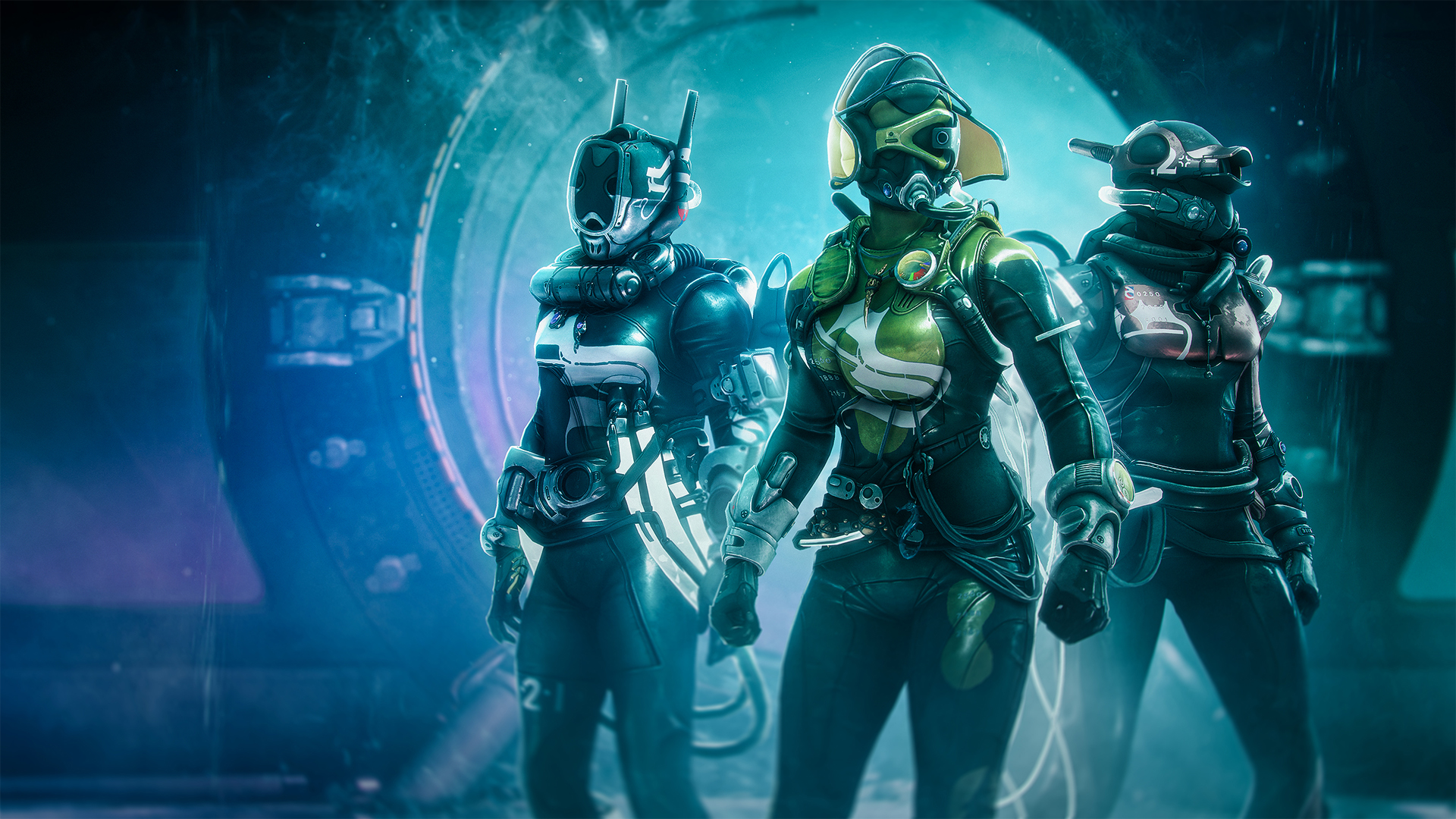
Destiny 2 has been struggling with mounting error codes and regular server outages for months, frequently preventing players from playing the game at all on what feels like a weekly basis. Now, developer Bungie has finally addressed the state of the game's stability and what it's doing to fix it. Spoilers: it's good news and bad.
Let's start with the obvious question: why are the servers on fire? The main culprit, Bungie explains in its latest blog post, is a part of the infrastructure called Claims, which tracks moment-to-moment gameplay and therefore "handles a tremendous amount of volume, routing every single kill, orb, or unit of Glimmer in Destiny 2 to the correct recipient."
Before the release of Lightfall, Bungie made changes to Claims that helped improve stability during high-traffic moments, like an expansion or raid launch. Unfortunately, these changes hurt overall stability by way of "issues around the service's error recovery functionality."
This leads us to the error codes and server outages Destiny 2's been seeing. Due to the nature of these issues, Bungie says its new system "is not always recovering as expected," contributing to infamous error codes like Weasel and Baboon, and forcing hard restarts of either the Claims service itself or the entire Destiny 2 infrastructure. This in turn leads to downtime, which Bungie says it's "rapidly working to correct."

As it works on fixes, Bungie's quick to stress that "this is not a process that can happen overnight," in part because hasty changes could make things worse. The team says "the improvements we are making are a crucial step in both addressing the immediate issues players are experiencing as well as better equipping us to deal with any potential future issues that may arise."
With that in mind, Bungie's offered a roadmap for planned Destiny 2 stability fixes, which stretches far into the next two seasons, 22 and 23. Naturally, the studio's already been working to reduce disruptions and prevent or shorten downtime windows, and that work will continue.
More pertinently, an update coming this season will bring diagnosis improvements which should speed up troubleshooting and triage, ideally enabling Bungie to "minimize the risk of further degrading stability, while helping us to confirm the effectiveness of fixes further out on the roadmap."
Looking ahead, the season 22 launch aims to "improve the 'self-healing' ability of Claims and reduce the odds of us needing to bring Destiny 2 temporarily offline when an issue occurs." (I guess they're gonna give it a Solar subclass and a Healing Grenade; I don't know, I'm not an engineer.)
If all goes well, this will improve detection, bring targeted Claims fixes for stability and recovery, and "reduce the chance of a 'death spiral' of slow messages causing more slow messages." If the engineers are talking about death spirals, something's wrong, but hopefully season 22 sees less downtime at the very least.

Based on how season 22 goes, season 23 will make "deeper and broader architectural improvements to improve the service stability and recovery of Destiny 2, which will include a range of additional improvements."
So the good news is that it's clear which segment of the Destiny 2 pipeline is the biggest problem, and that Bungie has actionable fixes in the works. The bad news is that these fixes will take a while – each season is several months long, remember, and season 21 still has over a month to go.
On top of that, Bungie warns that "some of these changes will be structural in nature and could introduce additional instability as we initially roll them out." In other words, the game won't be out of the woods for many months at least, and we're sure to see more errors and outages – perhaps some spectacular new ones – in the meantime. Somebody throw more healing nades at the servers and pray.
This is laying the groundwork for a more stable Destiny 2: The Final Shape, which is getting its own showcase in August.







